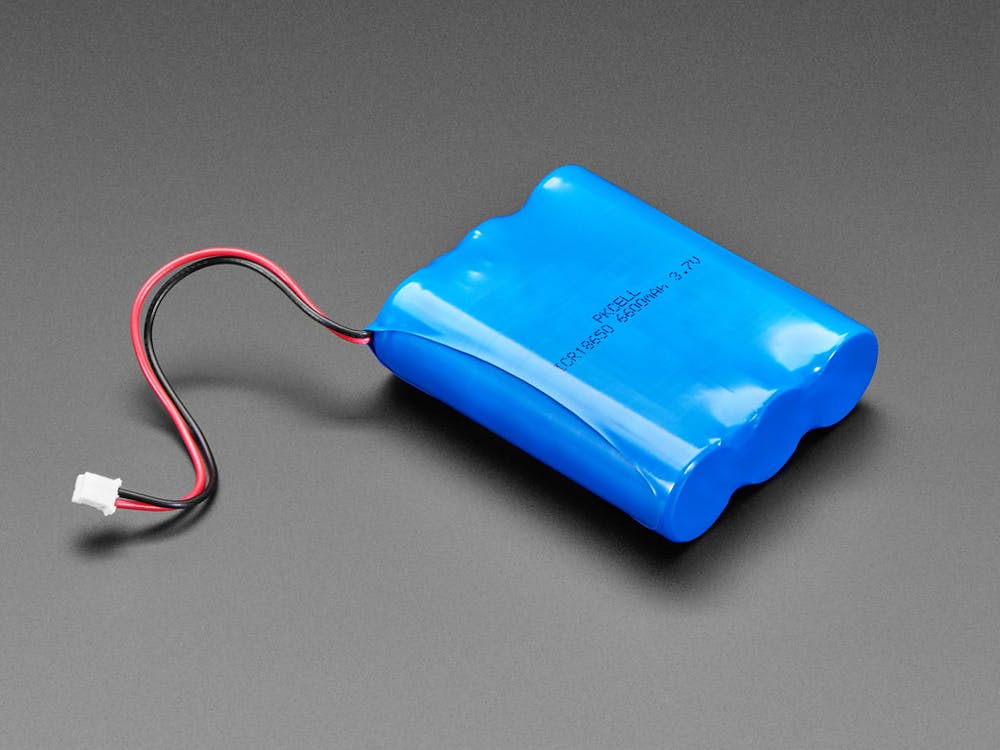The brain is one of the most complex organs in the body. Not only does this three-pound organ control all the movements, thoughts, emotions and sensory perceptions that occur in our day-to-day lives, it is also constantly changing. In fact, the structure of your brain now is different than it was five seconds ago because of all the new stimuli feeding through the nervous system.
Previous research has suggested that adult brains do not grow new neurons. However, recently, researchers at Columbia University and the New York State Psychiatric Institute have found that older adults show evidence of new cells in the hippocampal region of the brain.
From early development onward, the brain grows and makes billions of connections that help take in different forms of stimuli from the environment.
On average, 90 percent of a child’s brain development occurs before five years of age. A majority of the time after is spent forming new connections and maturing various structures. Previous research has shown that the brain is not fully developed until around 25 years of age.
The brain also slowly ages with the rest of the human body. According to the National Institutes of Health, the volume of the brain decreases at a rate of five percent for every decade after 40, with a potential increase in the rate once a person hits 70 years old.
Cognitive abilities begin to decline because certain parts of the brain that are associated with learning and other mental abilities start to shrink.
Older adults experience difficulty multitasking, and they often have trouble recalling names and words.
In certain regions, communications between neurons and blood flow to the brain are other phenomena that are also reduced with age.
Neurons are nerve cells that receive information from the environment, process it in the brain, and send instructions to various muscles and organs.
In order for these neurons to function properly, they must be able to communicate with one another through electrical impulses.
The stimuli, when sent to the brain, is converted into a series of electrical impulses that can travel to the synapse and stimulate the release of neurotransmitters onto another neuron.
This allows for fast communication and subsequently explains why people can react so quickly to objects falling off a table or move a finger without much thought.
Making these neuronal connections is very important to the roles that the brain plays.
Dr. Maura Boldrini, an associate professor of Clinical Neurobiology at Columbia University, elaborated on her team’s discovery in a press release.
“We found that older people have similar ability to make thousands of hippocampal new neurons from progenitor cells as younger people do,” Boldrini said in a press release.
Boldrini’s team also found consistent volumes of the hippocampus across all of the age groups. The only difference between an old brain and a young brain is that an older brain tends to have neurons with a decreased ability to make new connections with one another.
In the researchers’ experiment, they tested 28 healthy individuals between 14-79 years of age who had suddenly died.
After performing autopsies on their hippocampi, researchers examined the vascularization of the hippocampus and began to compare the formation of neurons with other neurons from different brains in the study.
Although the results obtained indicated that older adults formed fewer blood vessels, both the younger subjects and the older subjects showed similar numbers of neural progenitors, indicating that older adults grow just as many brain cells as younger individuals.
Xi Lan, a researcher at the Hopkins School of Medicine, shared his opinions after learning about the study.
“The number of neurons doesn’t matter as much as the ability for these neurons to be stimulated,” Lan said in an interview with The News-Letter. “Younger neural stem cells are ‘stronger’ in their ability to be differentiated. It’s harder to stimulate older neural stem cells for differentiation.”
Progenitor cells behave like stem cells in many ways, except for two key differences.
While progenitor cells can only differentiate into a specific type of cell, stem cells can differentiate into many different types of cells.
Additionally, while stem cells can divide and replicate indefinitely, progenitor cells are more specific than stem cells in differentiation and can only divide a limited number of times.
Boldrini offered a possible reason for why people’s cognitive function declines with age.
“It is possible that ongoing hippocampal neurogenesis sustains human-specific cognitive function throughout life and that declines may be linked to compromised cognitive-emotional resilience,” Boldrini said.
















